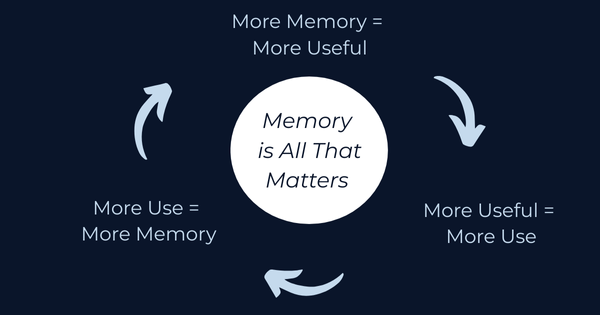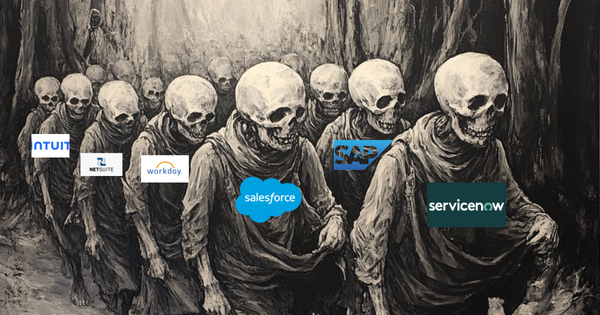Decentralizing AI
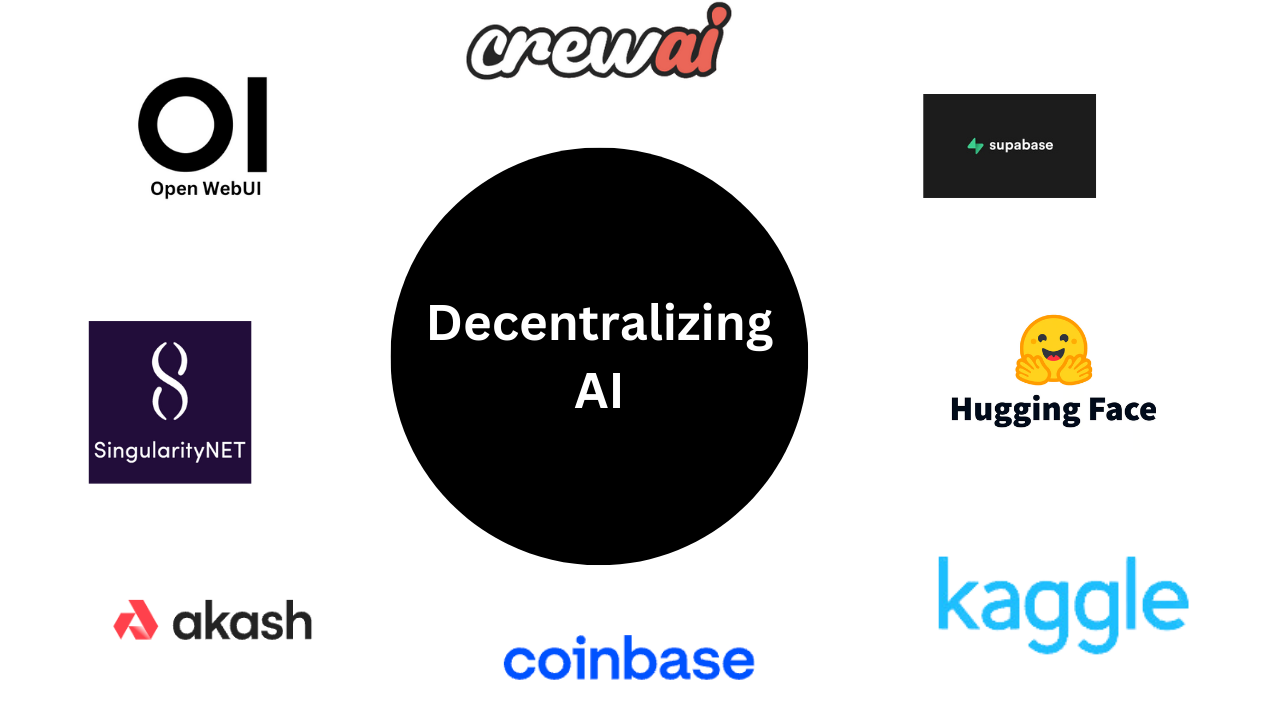
There’s a growing movement to decentralize control of AI.
Here’s why it’s important that movement wins…
And how I believe that can happen.
The problems with centralized AI
If a small group controls the AI systems we use it will mean:
- Less Truth - Big Tech will decide what truth is, not us.
- Less Wealth - Big Tech will continue to benefit from our personal data and knowledge, not us.
- Less Freedom - Big Tech will decide how we can use AI, not us.
- Less Privacy - Big Tech will continue to decide when our data is shared, not us.
Decentralized AI solves these problems
Decentralizing AI means:
- More Truth - We will decide what truth is through the use of many different AI systems.
- More Wealth - We will keep ownership and control of our digital data and knowledge, and reap its benefits.
- More Freedom - We will own the AI systems we use, and use them as we please.
- More Privacy - We will retain control of our personal information and decide when to share it.
How to decentralize AI
We need user-owned options for each component of the AI systems we use.
This includes:
- Interface - How we interact with AI.
- Memory - How our personal data is stored and retrieved.
- AI Models - The AI system’s intelligence.
- Training Data - The data that is used to train the AI models we use.
- Compute - For training and hosting of AI models and systems.
It also includes the following ecosystem components:
- Agents - AI powered programs that act on our behalf.
- Marketplaces - Trading and monetization of AI models, agents and proprietary data.
- Payment Rails - Digitally native ways for our AI systems to transact.
We need each of these components to be as easy to use as their centralized counterparts, and even more powerful.
We now have real examples of the building blocks needed to decentralize AI.
This includes:
Interface:
Open WebUI is an open source interface for interacting with AI systems.
You can run Open WebUI privately and securely on your own computer.
It’s very similar to ChatGPT, but with one big difference…
Once you download Open WebUI, you own and control it, not some Big Tech company.
Memory
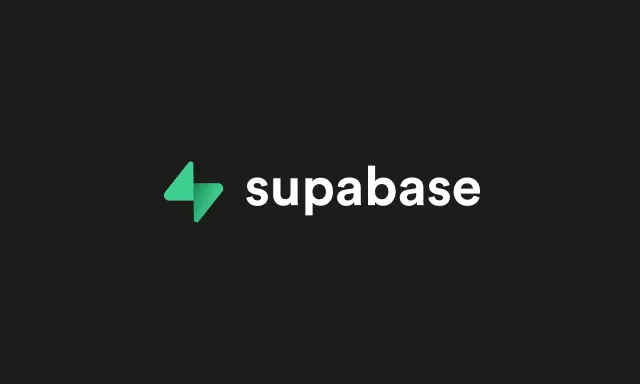
Supabase is an open source database for data storage and retrieval.
Run Supabase on your own computer, in conjunction with an Open Source interface like Open WebUI.
This gives you full ownership and control over your personal data, and your AI system’s memory.
AI models

HuggingFace lists over 1 Million open source AI models.
Download, own and control these models on your own computer using tools like Ollama.
Or run them on a decentralized compute provider (discussed below).
Training Data

Kaggle.com lists close to 400,000 public data sets that can be used to train decentralized AI models.
Compute

Akash enables AI model hosting and training across a decentralized network of computers.
They do this by incentivizing individuals and companies to contribute their idle compute power to the Akash network.
Agents

Crewai is an open source project that allows you to build and own AI agents.
Run your AI agents locally on your own computer using Ollama.
Marketplaces
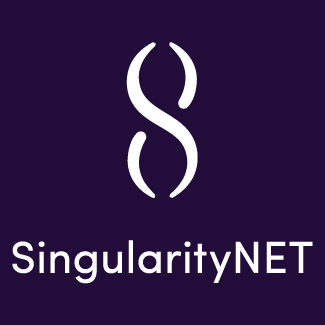
Singularitynet.io is building a blockchain based marketplace for trading AI models, Agents, and training data.
Payment rails

CoinBase provides AI agents with their own wallets, allowing real time payments between agents on crypto rails.
Where we go from here
What’s needed now is a system that puts each of these building blocks together.
And that does so in a manner that is as easy to use as our centralized counterparts like ChatGPT…And even more powerful.
If you’re working on such a system please reach out, I’d love to learn more.
And thanks for reading.
Dave
P.S. We've recently launched a free course on how to own your own AI system using Open WebUI. Check it out here.



